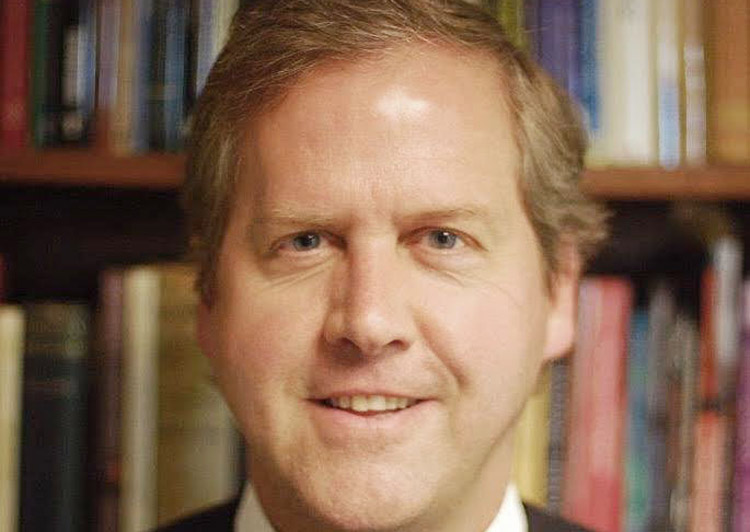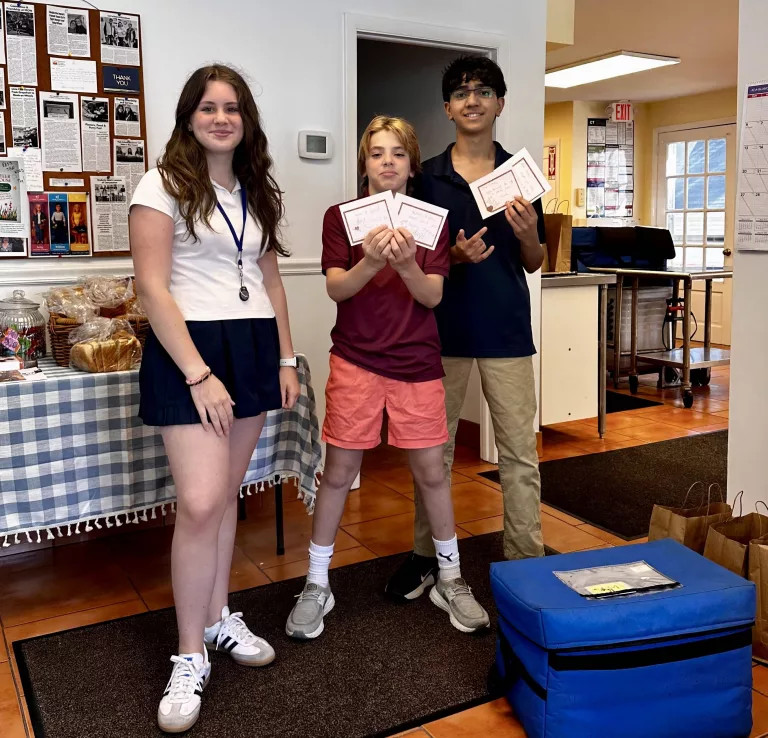
By Marek P. Zabriskie
I recently attended a church conference in the small town of Flat Rock, North Carolina. Flat Rock (population 3,331) was founded around 1827 when Charles and Susan Baring built Mountain Lodge. The community soon became known as the “Little Charleston of the Mountains” due to an influx of wealthy summer residents from South Carolina’s Low Country.
Our daughters spent many summers at Camp Greystone in the neighboring town of Zirconia. My wife and I took turns flying them down or picking them up, and sometimes our entire family traveled to Flat Rock and enjoyed a few days in the mountains.
Our conference was held at the Kanuga Conference Center. “Kanuga” is an Indian word that signifies many different types of people coming together in the same place. Indeed, folks from across the country to examine and discuss the resources needed to strengthen our churches.
The drive from the Asheville Airport to Flat Rock began to elicit deep, joyful memories. Three of us stopped at the Hubba Hubba Smokehouse in Flat Rock, where a friend of mine has created one of the best barbecue restaurants in the country.
The following evening when the conference was not meeting, a colleague and I attended a musical at the Flat Rock Playhouse, North Carolina’s best regional theater. Our family had enjoyed many productions over the years and had never once been disappointed.
On Friday we had a break. I drove to the Pisgah National Forest, the first U.S. national forest, which is comprised of mile-high peaks, a hardwood forest and cascading waterfalls. The forest is full of wonderful walking trails, a fish hatchery, camp grounds and a nature station.
The Davidson River flows through it. I had brought along a pack rod and some fly fishing tackle. I had no waiters, so I fished carefully for an hour from the riverbank. As usual, I caught nothing.
The Davidson has rarely afforded me any of its canny, native brown trout, but standing in the silent forest where I had taught our middle daughter how to fly fish was enough compensation. Everywhere I went, I kept thinking, “This is holy ground.” I capped off the evening with a barbecue dinner at Hawg Wild, where a bluegrass band played classic mountain music.
In one of the great moments of history, Moses found himself an exile in a strange land. He was in Midian, on the east bank of the Gulf of Aqabah. It was the land where he had fled after murdering an Egyptian, who had beaten a Hebrew slave. Death was on his conscience. Moses fled for his life. He had left everything behind.
He married a Midianite woman, settled down, got a job tending his father-in-law Jethro’s sheep. Moses made a living on the hard-scrapple land. One day as he wandered to the edge of the wilderness and ascended the slopes of Mt. Horeb, something extraordinary occurred.
A bush burst into flame. It blazed up. Certain bushes in the Near East secrete oil and can spontaneously combust in the hot sun, but this bush became all fire, crackling with flames leaping up, but the bush was not consumed. It did not burn because it was a miraculous fire.
The out of the flame, a voiced flared up and said something equally miraculous. “Moses.” “Moses.” Twice, the lowly shepherd heard his name called from the bush. His attention was riveted. Moses replied, “Here I am.”
Then the voice spoke again, “Take off your shoes, for the place on which you are standing is holy ground.” That scrubby piece of land on which the sheep had grazed was holy. God is not found only in churches, synagogues and mosques, but wherever humans truly see and hear.
Then the voice identified itself as the voice of the God of Abraham, Isaac and Jacob. It was none other than the voice of God. The next thing God said was as fiery and holy as anything uttered in the Bible for it changed the course of history. God said, “Go.”
Moses was to “go” back to Egypt and rescue the Hebrew people. He was a Hebrew by birth, raised in Pharaoh’s house, and he spoke fluent Egyptian. Who but Moses could appeal to Pharaoh to set the Hebrew slaves free? But God was really saying, “Go. Live. Love. Serve.”
“Go.” What a fiery and holy word. Holy ground is a powerful thing, whether we experience it in the mountains of North Carolina, on the coast of Maine or walking the beach on Cape Cod or wherever we have created precious memories over time.
In the burning moments of our lives when we stand on holy ground we remember where we have loved and have been loved. These places make us holy and they make us human. They remind us why we were put on earth, what is our mission, and they fill us with meaning. Go!
It is a grace to stand on holy ground, where indelible moments have tattooed memories in our hearts and minds, where every bend in the road elicits a joy, refreshes the soul, and allows us to hear the word, “Go.” Go. Live. Love. Serve others.
The Rev. Marek Zabriskie is the Rector of Chrict Church.





